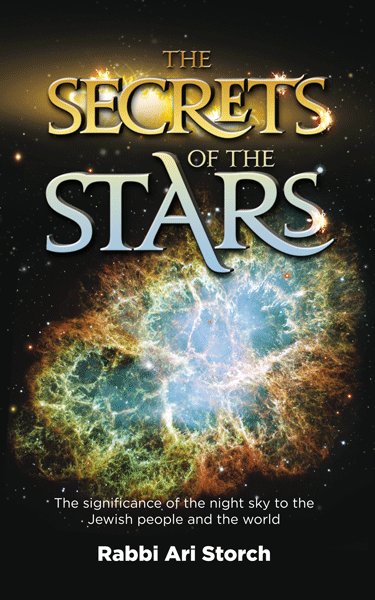As I was continuing to review this week's parsha, Emor, I had a theory to explain something that has bothered me for awhile. At the end of the parsha we are taught of the convert whose mother was from Dan and father from Egypt. (see Mizrachi and Gur Aryeh as to why he is considered a convert) This individual was blasphemous and put to death for his actions.
Rashi teaches that he initially went out with one of two complaints. He found it preposterous that the Showbread in the Mishkan was placed on the Shulchan for nine days prior to being eaten. He also felt that his tent should be able to be placed in the camp of Dan since his mother was from Dan. When he was informed that he was wrong he blasphemed.
When Korach argued that a talis that is completely sky blue should not need tzitzis, we find that the commentaries give a metaphoric explanation for his choice of argument. What could the convert in our parsha have been insinuating with his remarks about the Showbread?
In the Mishkan there were two vessels that were placed across from each other, the Menorah and the Shulchan (both mentioned in the portion prior to the blasphemer). The Rema, in his Toras HaOlah, cites earlier sources that contend that the Menorah symbolized the concept of the seven planetary influences. There are seven "planets" that are visible to the naked eye: the sun, moon, Mercury, Venus, Mars, Jupiter and Saturn. Depending on which constellation they are residing in, these planets exert influence on earth. The Menorah had seven branches, each lit for the purposes of shining light. The seven influences are thus shown to shine forth their power. The Shulchan, however, had twelve pieces of Showbread placed on it. There is another system of astrology in which the twelve constellations of the zodiac are seen to exert their influence. Unlike the planets, though the constellations are still relative to another. The planets, on the other hand, wander from one constellation to the next; each going at its own pace.
As we have mentioned in the past, Rav Yeshonasan Eibshitz contends that the system of twelve constellations is more pertinent to the Jews and the system of seven to the other nations of the world. This seems to be echoed by the fact that numerous sources compare the twelve tribes of Yisrael to the twelve constellations.
Perhaps, what this blasphemer intended was of a philosophical nature. He was wondering why Klal Yisrael can camp so proudly with their banners, yet, the newcomers who chose this way of life are not allowed into the camp permanently. They may trade and walk through, but they may not pitch their tent. These holy individuals have have wandered around and had chose to join Hashem's nation should be allowed equal expression. He was asking why the Showbread should contain "stale" bread, the bread that has been there for days and not a fresh piece, one that was just made.
The Showbread shows the twelve stagnant elements and also the twelve tribes. These are the ones that have not wandered and their permanence is expressed as an encampment. (the twelve constellations are considered to camp in exactly the same formation as the camping of the tribes see Midrash HaGAdol Bamidbar 2) While those that have wandered into these "constellations", the planets (or converts) have influence and are very holy, they are not the same as the originals. Their influence can shine as they wander into and fuse with the constellations, but they are not part of the "kahal" itself. They are not able to pitch a tent of permanence. Those who come and join exert influence and are placed in the Mishkan, but the Showbread is not its place. The Showbread keeps its bread for a duration of time, it does not continuously change and show wandering.
With this concept, one can appreciate the mesiras nefesh that a convert takes. He knowingly joins a nation in order to serve Hashem even though he recognizes he will feel like an outsider. He cannot have permanence (he is also not given land in Eretz Yisrael), yet, he sacrifices it all for his determination to esrve Hashem. Perhaps, this is why his vessel produces light. We can see and recognize and learn from this individual what fiery passion is truly necessary!
(I apologize if this was somewhat unclear, it was typed in a hurry).
Subscribe to:
Post Comments (Atom)


1 comment:
Very fine drush.
Post a Comment